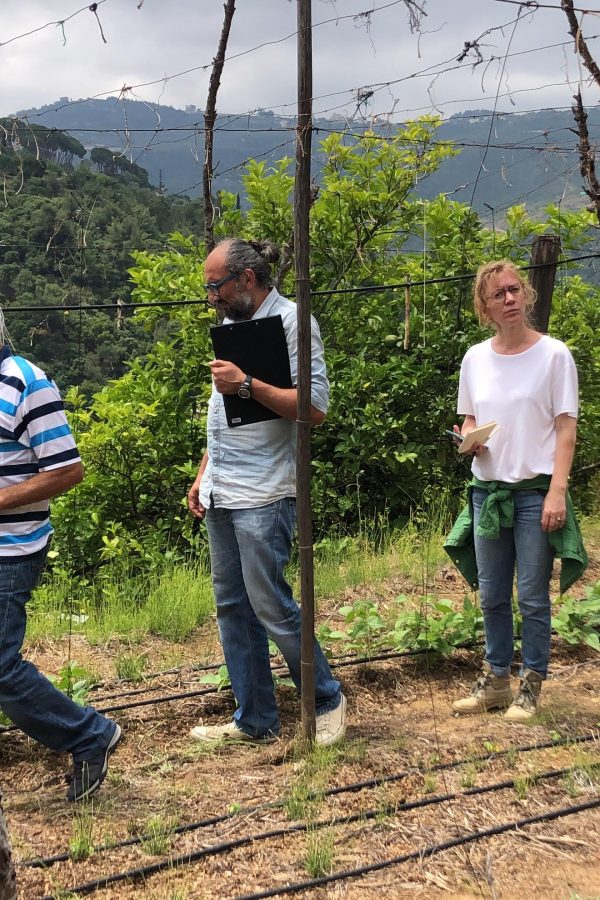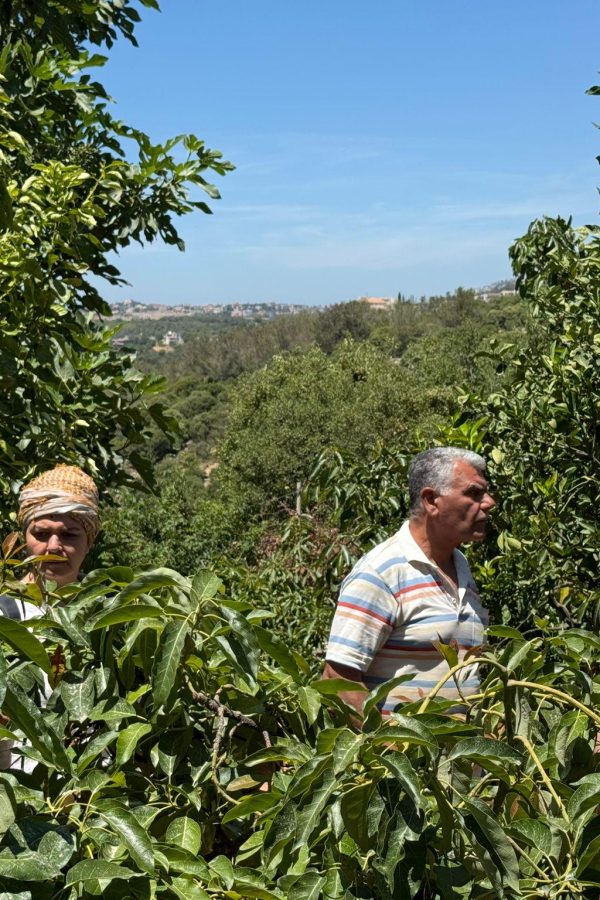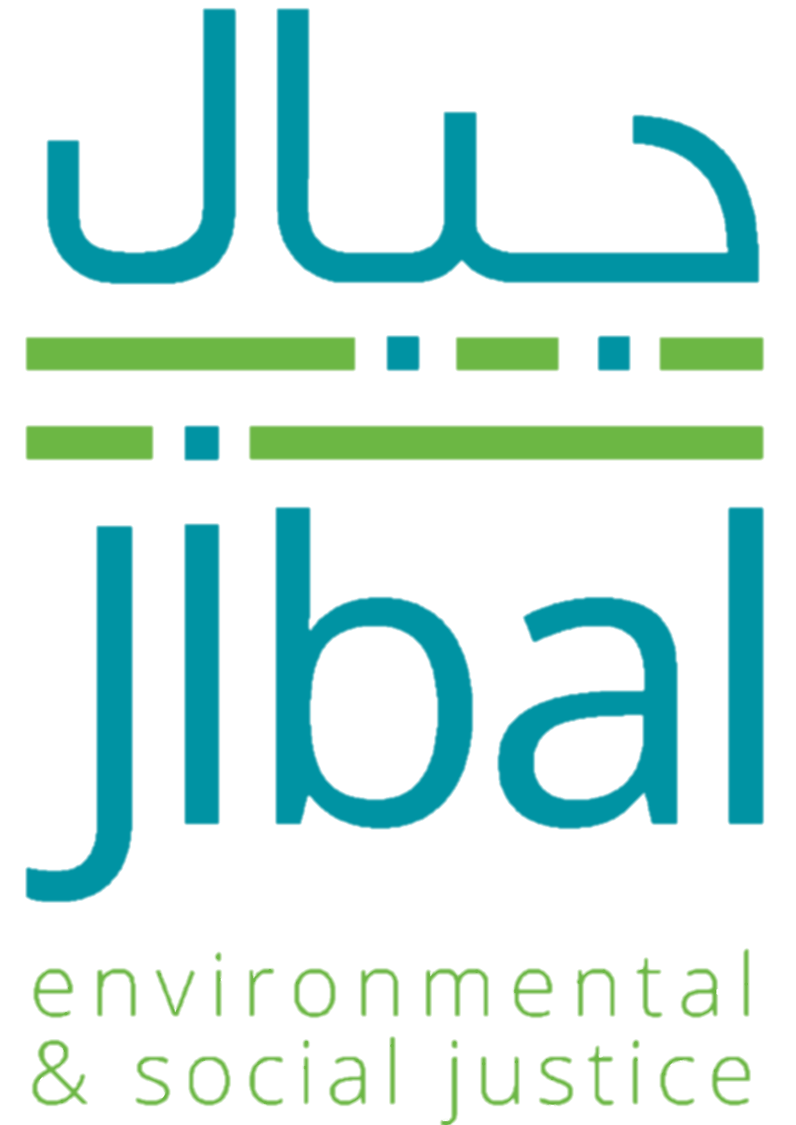Jibal is working on implementing such a system in Lebanon with the support of a large number of players, in particular the agroecology coalition, the social groceries, and some farmers’ markets and cooperatives. The system should be up and running in 2026. It will have its own dedicated website.
What is the PGS?
Participatory Guarantee System PGS: It is a community-driven certification model where farmers, consumers, and stakeholders ensure ecological farming through peer review and trust-building, avoiding costly third-party certification. In Lebanon, the PGS is being adapted to local challenges and needs, engaging 50+ stakeholders (between agroecology specialists, ecological and “transitioning” farmers, conscious consumers and activists, and social groceries) by organizing regular quality assurance visits to learn about the farmers and their practices, provide recommendations that could improve their farm management and build trust between the larger PGS community.

It is a local certifying system that is unlike the international CCPB because it is not a company aiming to certify and make profit, instead, PGS is key stakeholders collectively creating and managing a system of certification.
1) An alternative to the organic certification
2) A way to build trust between consumers and agroecology producers
3) Accessible to small scale farmers with limited financial capacity
PGS is a way for farmers and people (consumers, retailers, activists…) who care about food to work together and make sure the food is grown in a regenerative, healthy, and fair way.
Steps to become PGS certified in Lebanon
1) A group of 4-5 people come to the farm, 1-2 consumers, 2 inspectors and a farmer… During the visit the host farmer offers a tour explaining all the practices implemented on the farm.
2) A comprehensive assessment form is filled at the end of the visit to gather more accurate information. Based on this form, the inspectors share their recommendations with the farmer.
3) A second visit happens after a few months, monitoring changes and progress on the farm.
4) Following the visits, the certifying committee reviews the assessment of the two visits and decides on whether and which certification the farmer would receive (none / in transition / agroecological farm)
5) The certification will enable the farmer to market their products under the label of PGS at different markets that are part of the PGS community

